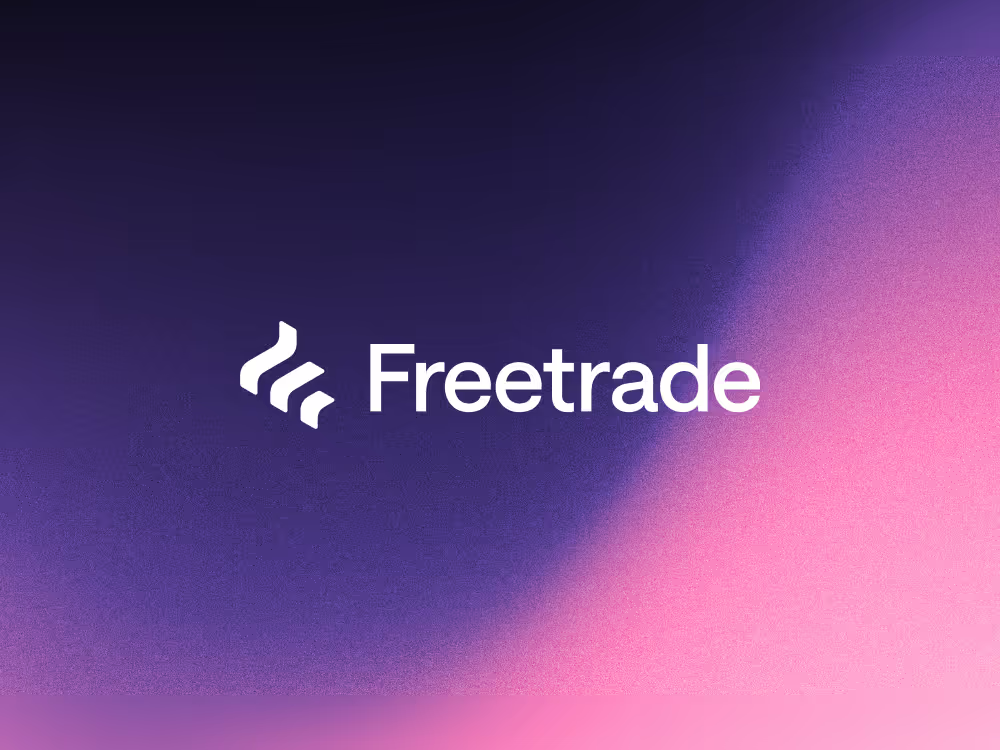Cash rules everything around me.
Immortal words from the Wu-Tang Clan. Sage investment advice? Probably not.
The truth is, if too much of your investment portfolio is sitting as cash, this can have a real detrimental impact on your portfolio’s growth.
To understand why, let’s revisit the whole point of investing: to make a positive return and grow your wealth over the long-term.
We know that cash typically earns minimal returns compared to other asset classes like stocks or ETFs. So if a significant portion of your portfolio is sitting in cash for too long, it can drag down your overall investment performance.
The phenomenon even has a name: cash drag.
Why should you care about cash drag?
Every pound sitting idly in cash is a missed opportunity for growth. By putting your money to work in investments that have the potential to generate higher returns, you’re maximising your chances of building wealth over time.
Though remember - we’re talking about holding cash as part of your investment portfolio here. It makes a lot of sense to have cash on hand outside of your investments in case of emergencies. Doesn’t the boiler always seem to break the moment the warranty runs out?
Let’s explore the key risks of cash drag in a bit more detail.
Opportunity cost
Historically, holding a diverse portfolio of equities over the long term has delivered higher returns than holding cash in a bank.
So if you have a significant amount of cash sitting idle in your portfolio, you could be missing out on higher potential returns.
Over time, this lower rate of return can seriously hinder your longer-term wealth accumulation and investment goals.
Inflation risk
If your cash isn’t earning a sufficient return, it may fail to keep pace with inflation. So, over time, its purchasing power can erode.
Inflation risk becomes even more pronounced during periods of high inflation. This leads to a decline in the real value of your cash holdings and reduces your overall portfolio growth.
So, what to do about it?
Now, that all being said, you may have your reasons for having cash in your portfolio.
Maybe you’ve just sold down one of your positions and you’re deciding what to invest in next.
Or you’re considering how best to rebalance your portfolio.
Or perhaps you’ve got a recurring order coming up (Nice one. We all know the benefits of regular investing. Here’s a quick refresher).
The point is, these are all valid reasons to hold cash in your portfolio. Because they all relate to facilitating trades.
And the key to addressing cash drag is finding the right balance between having enough cash for liquidity and deploying the rest of your funds into investments that offer higher potential returns.
This is where thoughtful asset allocation comes into play. Determine your optimal mix of instrument types that align with your financial goals and risk tolerance. By diversifying your investments across different asset classes - such as stocks, ETFs, and yes, even a sprinkle of cash - you can create a well-rounded portfolio that’s primed for growth, while maintaining an appropriate amount of liquidity.
And remember - over time, market fluctuations can cause your asset allocation to drift from its original targets. Periodically reviewing and rebalancing your portfolio lets you trim any excess cash and reinvest it into assets that have fallen below their target weights.
And while you’re making decisions about what your next investment should be, you can still put your cash to work by earning interest on your uninvested cash with Freetrade.
- Basic customers earn 1% AER on up to £1,000 uninvested cash.
- Standard customers earn 2.5% AER on up to £2,000 uninvested cash.
- Plus customers earn 3.5% AER on up to £3,000 uninvested cash.
And if you want to explore other options for your cash, we offer a range of low-risk options, including UK Treasury bills and our collection of Cash Investment ETFs, which let you invest in the overnight rate and ultrashort bond ETFs.
This should not be read as personal investment advice and individual investors should make their own decisions or seek independent advice. This article has not been prepared in accordance with legal requirements designed to promote the independence of investment research and is considered a marketing communication.When you invest, your capital is at risk. The value of your portfolio can go down as well as up and you may get back less than you invest. Past performance is not a reliable indicator of future results.




.avif)



